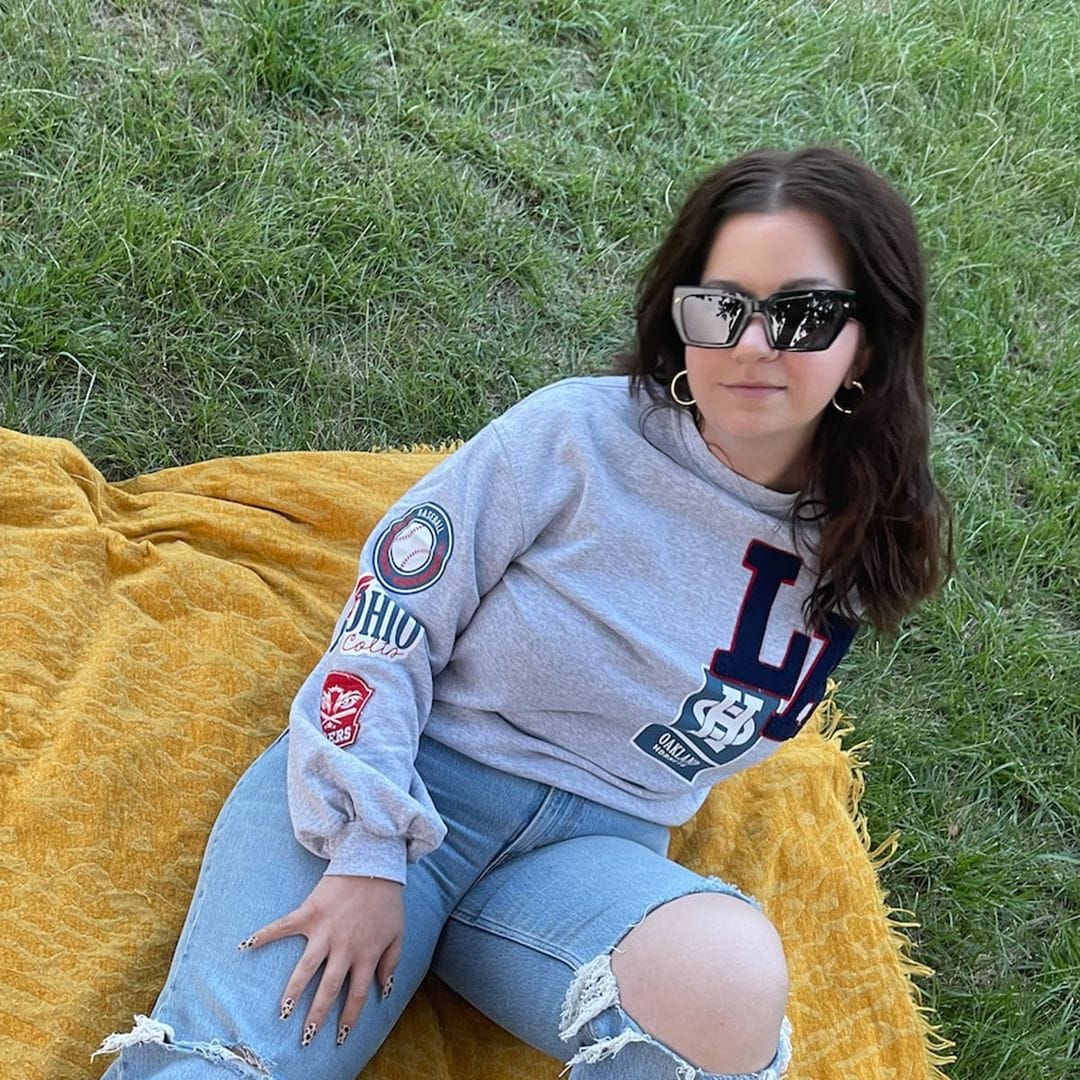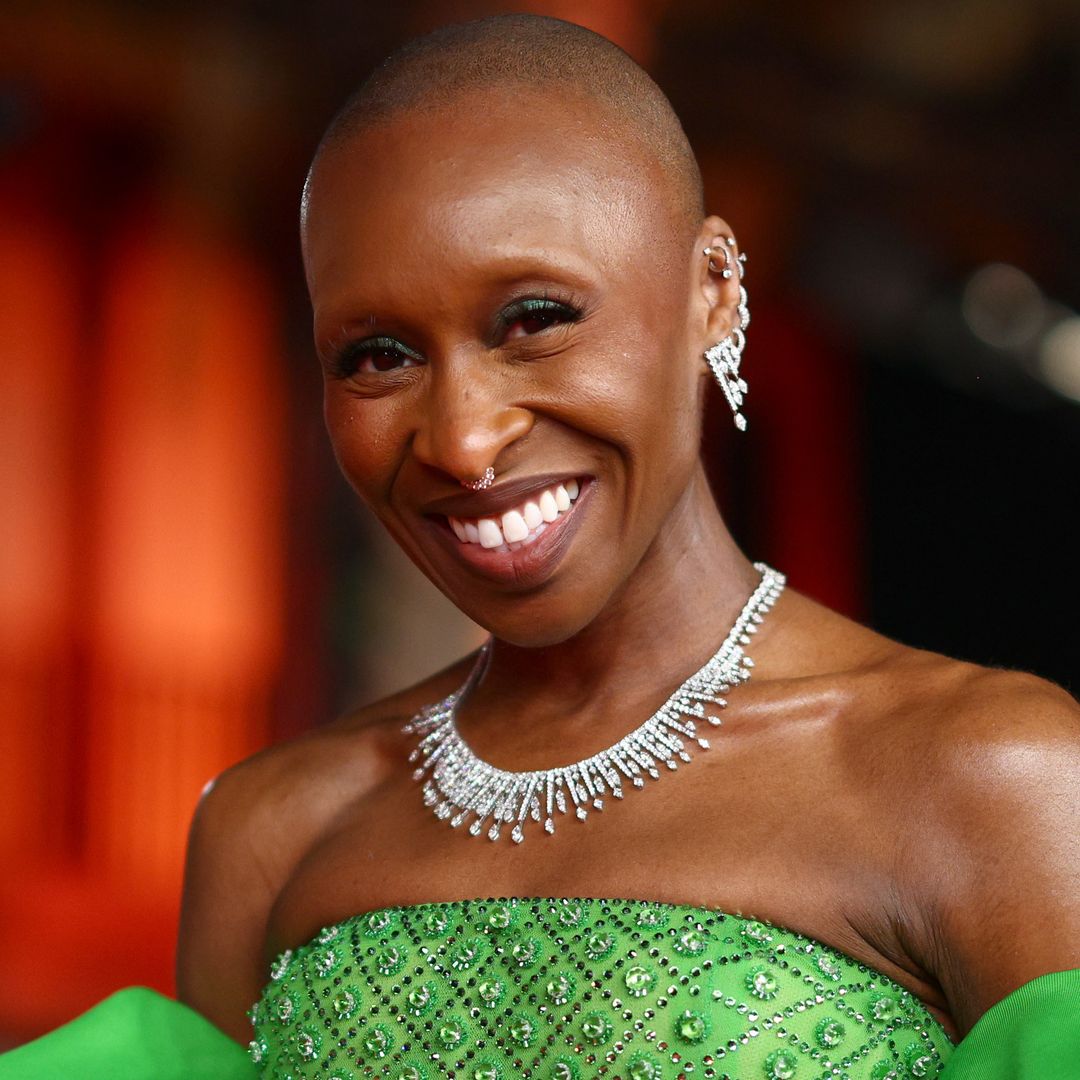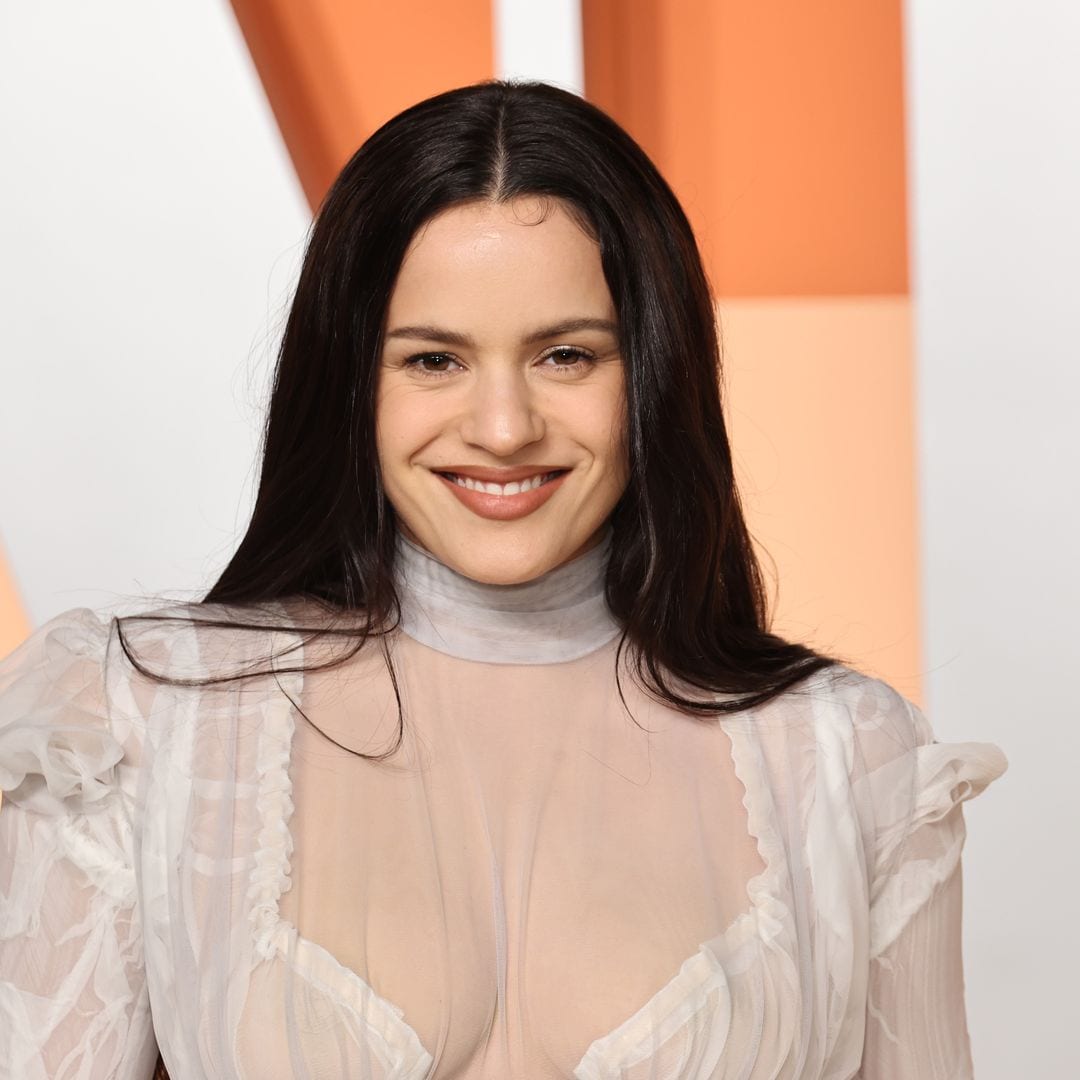Rosalía is giving fans a deeper look at her music making process, opening up to Pitchfork about everything that went into her latest album, MOTOMAMI.
According to the outlet, just a month after the Spanish singer released her third studio album, she was already back in the studio working on new music. Still, she took the time to talk about just how much work went into the making of the project she dropped back in March.
While Rosalía is a self-proclaimed perfectionist, one of the most important elements of her creating process is the ability to do so freely.
“The other day I read that Mozart had Tourette’s. He invented words, he wrote backwards and upside down, he would change language several times—apparently he would write in German and then freely jump to French, Italian, or Latin,” she told Pitchfork. “And that music would come from that freedom. That’s how I feel as a musician—it’s really hard for me not to create from this place of freedom.”
But that freedom doesn’t mean a lack of strict regimen, with the singer going on to explain her 16-hour work days.
“I wake up every morning; I train, because for my mental health it really helps me to work out,” she explained of her schedule. “I have breakfast, and then it would be 16 hours a day, for months and months and months. It’s been a tough process, I’m not going to lie to you.”
The musician also touched on the fusion of so many different sounds throughout her releases, not wanting to confine herself to one style or genre.
“I love Miles Davis or el Coltrane the same way that I love Wisin & Yandel, Héctor, Lorna, or Ivy Queen,” she admitted. “For me, in my head, these stars are at the same level. As a musician, that’s who I am. I’ve said it before and I’m always gonna say it: I don’t see music in a way that’s like, Oh, this is right, this is wrong, this is better, this is worse.”
Rosalía continued: “Does it give you goosebumps? Plus in the lyrics, you can find the same approach to spirituality, the same level of sexuality… all of that, it’s part of life.”
You can read her entire interview over on Pitchfork.
,type=downsize)




